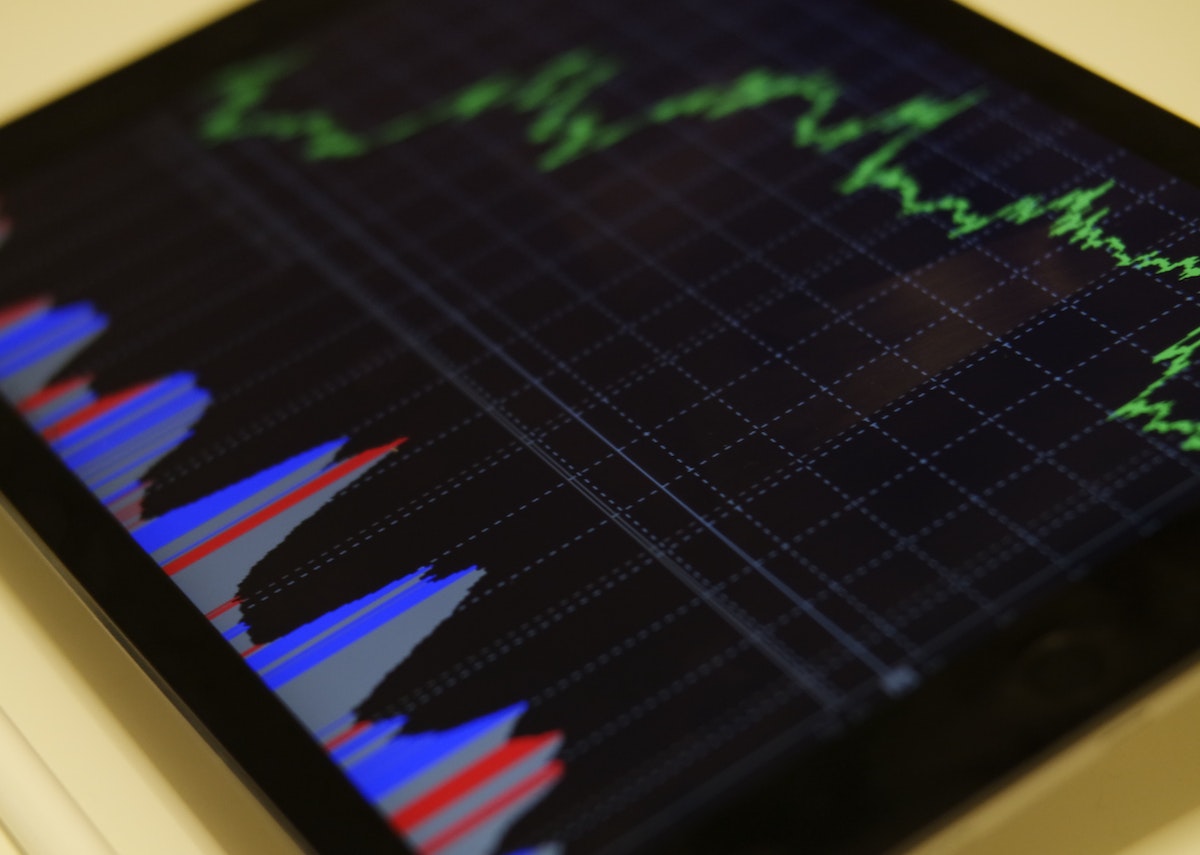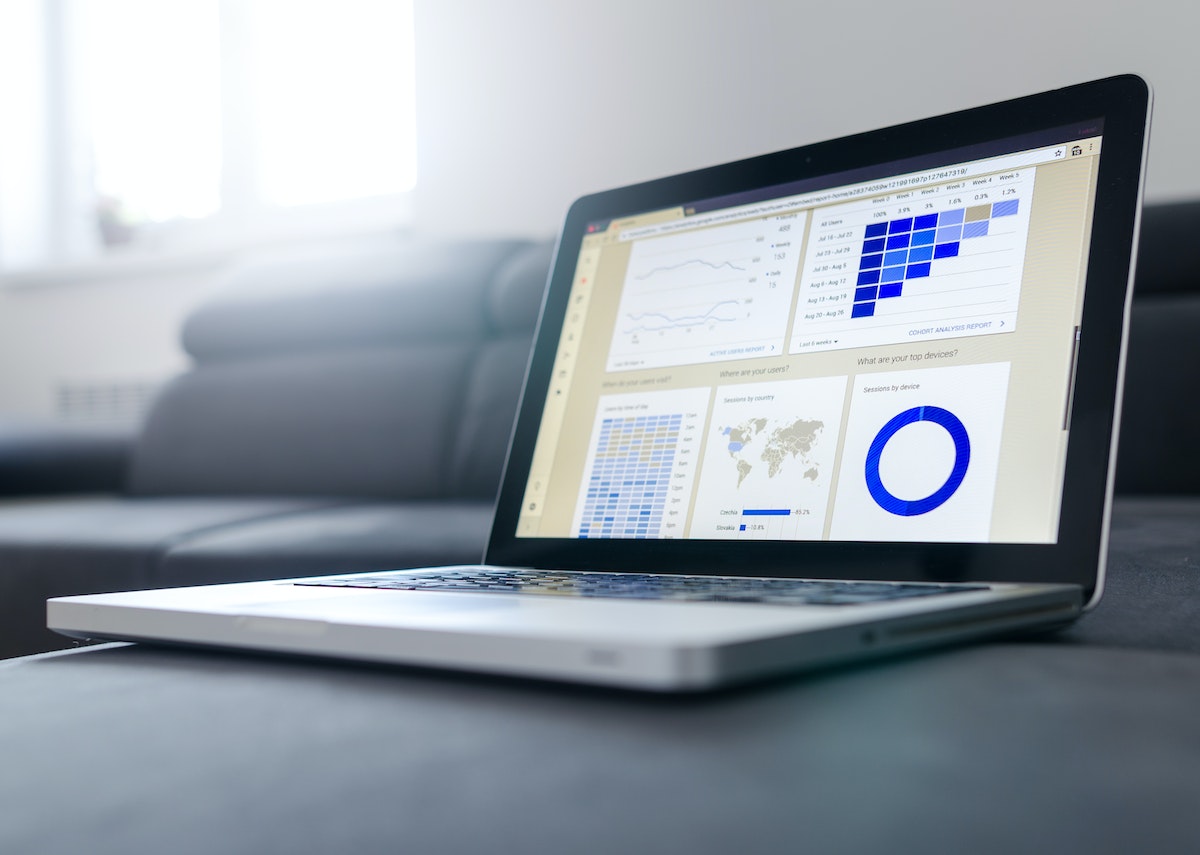Big Data Analysis: Are Privacy Issues Real?
Share

Big Data Analysis has become a powerful tool in the modern world, offering businesses and organizations insights into their data like never before. Big Data is defined as extremely large datasets that can be analyzed to uncover patterns, trends and associations related to human behavior and interactions. The potential applications of Big Data Analysis are vast, ranging from marketing to healthcare, finance to retail. However, with Big Data comes significant privacy issues.
Technology has enabled Big Data to grow exponentially in recent years – it has grown so quickly that many people are unaware of what’s exactly available on the internet about them. Big Data often includes sensitive information such as financial data, personal health records, location tracking data etc., all of which could be accessed by hackers or other malicious actors.
Data Privacy
As Big Data Analysis becomes more and more popular, governments and organizations are beginning to realize the importance of protecting data privacy. There is a need for companies to take measures to ensure that their Big Data sets remain secure, particularly those containing sensitive information about customers or employees. This means implementing strict security protocols such as encryption, two-factor authentication and access control measures to prevent unauthorized access. It also means providing training to staff members so that they can handle Big Data in a responsible way while ensuring customer confidentiality.
Overall, Big Data Analysis can be an invaluable tool but it needs to be managed responsibly in order to protect people’s privacy. By taking the right steps, businesses can use Big Data without putting their customers’ information at risk. It is up to organizations to ensure that Big Data remains safe and secure while still using it to its full potential.
With the right protocols in place, Big Data Analysis can be a powerful tool without posing any significant privacy issues. The key is to make sure that the necessary measures are taken to protect Big Data sets from misuse and unauthorized access. By doing so, businesses can use Big Data Analysis worry-free, knowing that their customers’ data will remain secure. As Big Data continues to grow in importance, taking these steps now is essential for providing peace of mind for customers and staff alike.
Big Data Analysis offers great opportunities for businesses but also comes with the responsibility of protecting privacy – an issue that is becoming increasingly important in a digital world. By taking the necessary steps to secure Big Data sets and ensure customer confidentiality, businesses can use Big Data Analysis to their advantage while still keeping data safe.
Conclusion
In conclusion, Big Data Analysis is a powerful tool with huge potential applications, but it also necessitates careful consideration of privacy issues. By understanding the importance of protecting Big Data and implementing the necessary measures, businesses can use Big Data Analysis without compromising people’s privacy. With the right steps taken, Big Data Analysis can be used safely and effectively to unlock valuable insights into customer behavior and trends.




